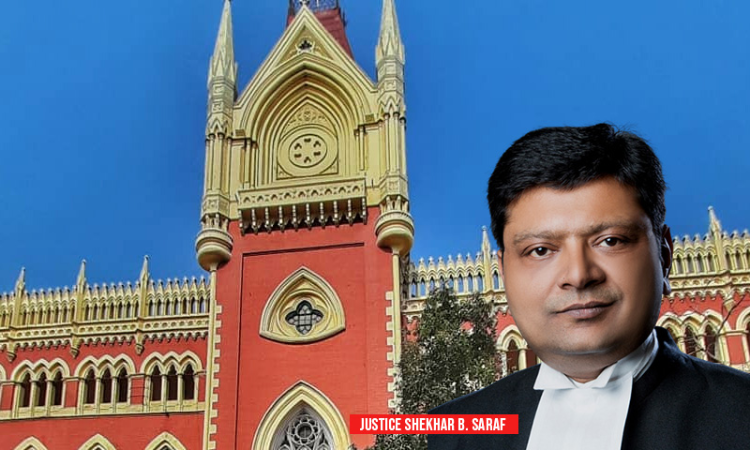Delay In Resuming The Arbitration Proceedings Will Not Make The Claim Time Barred: Calcutta High Court
ausaf ayyub
25 May 2023 6:31 PM IST

Next Story
25 May 2023 6:31 PM IST
The Calcutta High Court has held that once the arbitral proceedings have been commenced pursuant to reference under Section 21 of the Act, any delay in the conclusion/resumption of the such proceedings would not wipe out the arbitral reference. The bench of Justice Shekhar B. Saraf held that arbitral proceedings cannot be rendered inoperative for the reason that there was some delay in...
